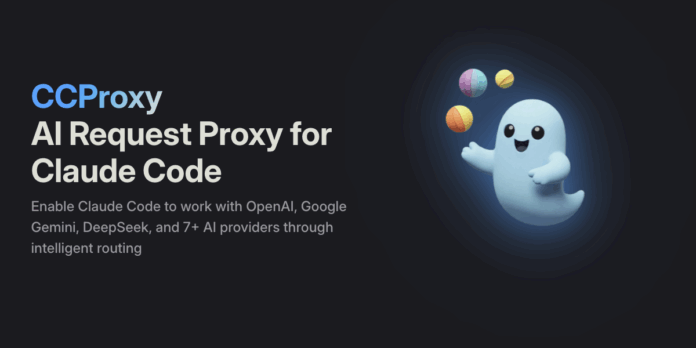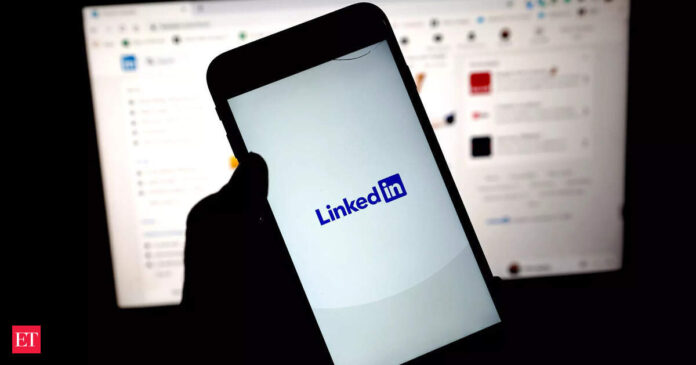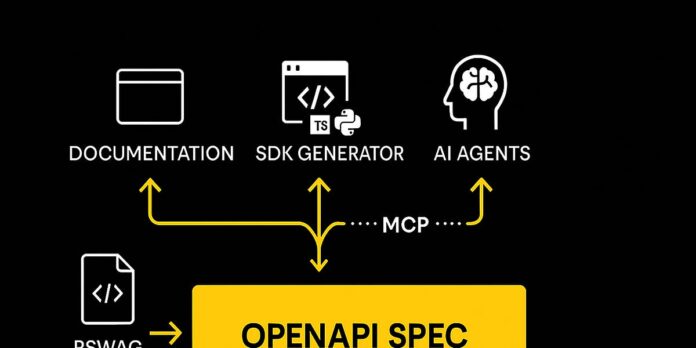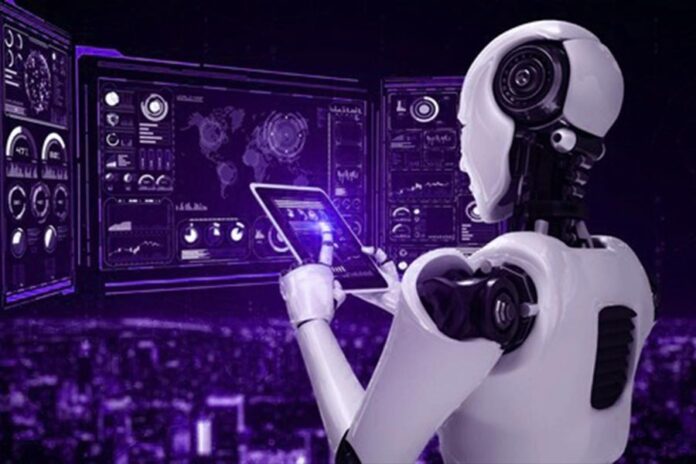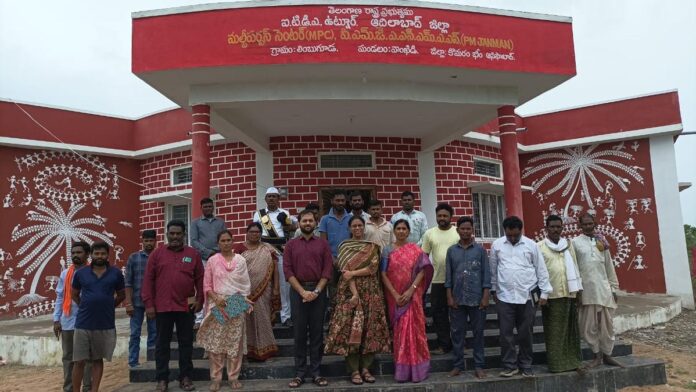🚀 Unlock the Future of AI Development with CCProxy! 🌟
Are you ready to elevate your coding game? CCProxy connects you to top-tier AI models like Kimi K2 and Qwen3 235B, enabling rapid and cost-effective development. Here’s why it’s a game-changer:
- Blazing-Fast Performance: Achieve a SWE-bench score of 65.8% and tackle complex problems with a 70.3 AIME score.
- Minimal Setup Required: Get started effortlessly with the ease of using Claude Code—just two environment variables to configure!
- Multi-Provider Support: Seamlessly integrate over 100 models, including OpenAI and Google Gemini.
- Enterprise-Ready: Features like health monitoring and logging ensure security and scalability.
Transform your AI infrastructure while reducing costs. Stop settling for generic coding solutions—focus on building amazing applications!
💡 Are you ready to ship your MVP in just 3 days? Join thousands of developers using CCProxy to supercharge their projects. Share this with your network and let’s innovate together! 🚀
